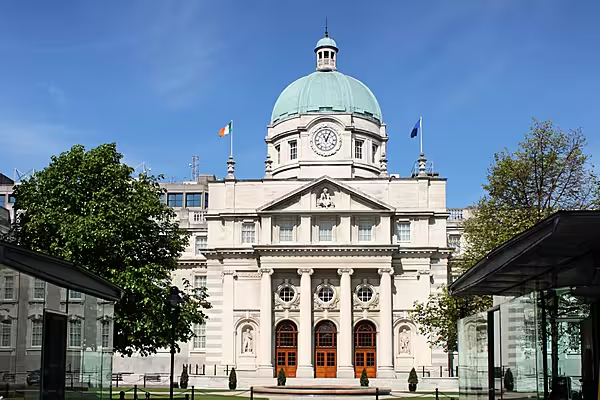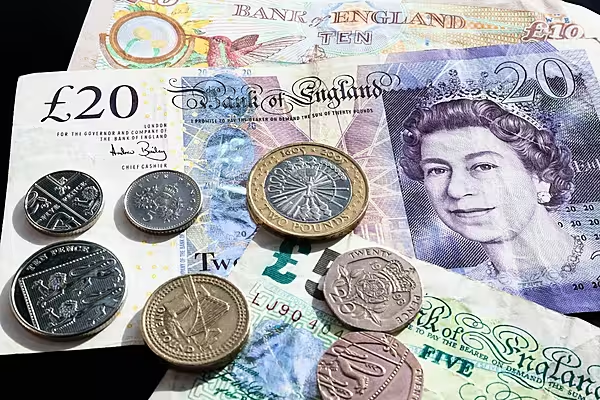Ireland presented a no-deal Brexit budget for 2020 on Tuesday, pledging a €1.2 billion package to keep firms afloat by allowing the state's finances to return to deficit if Britain leaves the European Union without a transition period.
With Britain's latest scheduled exit from the EU just three weeks away, Finance Minister Paschal Donohoe made the call last month to assume the worst, eschewing the tax cuts and spending hikes of recent years to set aside funds for exposed businesses.
Donohoe nevertheless gave the booming economy a €2.9 billion boost, mostly through pre-committed extra spending in areas such as infrastructure and public sector pay - a far cry from the savage austerity budgets required a decade ago after Ireland's financial crisis.
'Budget Without Precedent'
"This is a Budget without precedent ... A budget that has been developed in the shadow of Brexit," Donohoe told parliament in what could be his last budget. His Fine Gael party favours a May 2020 election.
"This does not mean that no-deal is inevitable. But equally we stand ready if it does happen. It is a challenge Ireland has the measure of."
Donohoe's main pitch was on how the government would seek to meets the demands of firms most impacted by a chaotic Brexit.
Just over half his package, which excludes any EU funds, will support the agriculture, enterprise and tourism sectors, with 220 million euros deployed immediately in a no deal Brexit to help vulnerable but viable firms adjust.
Forecast
With his department forecasting that gross domestic product growth could tumble from 5.5% this year to just 0.7% in 2020 in a no-deal scenario, the budget package will lead to a deficit of 0.6% of GDP next year if Britain leaves without a deal, the lower end of an initial 0.5 to 1.5% estimate.
That marks a swift setback after Ireland recorded its first surplus in a decade in 2018 and will increase borrowing at a time when the national debt is still high - around 100% of gross national income - after the crisis of 10 years ago.
Ireland's deficit hit double figures during that period.
With Donohoe acknowledging that the economy is poised between the twin risks of overheating and Brexit, many economists see the choice not to cut taxes and increase spending as much as in previous years as a wise one regardless of the Brexit outcome.
News by Reuters, edited byCheckout. Click subscribe to sign up for the Checkout print edition.






